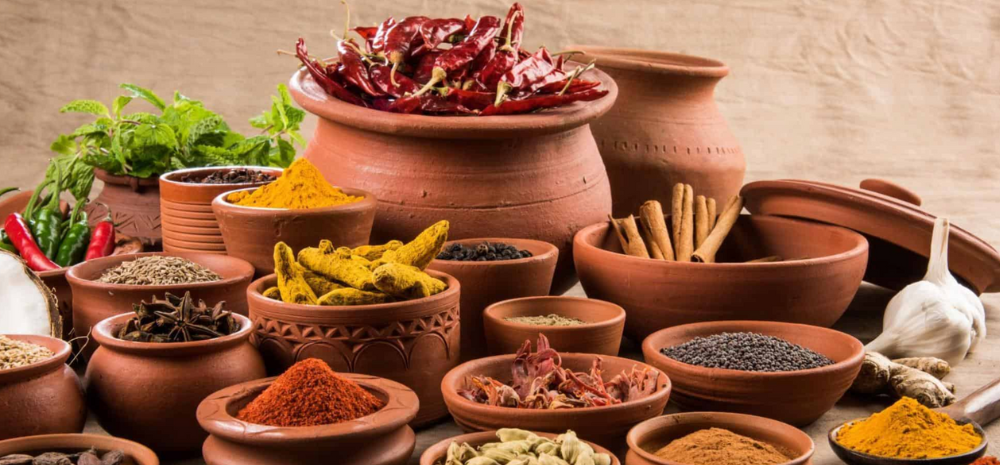India has relaxed its pesticide regulations for herbs and spices by increasing the maximum residue limit (MRL) for pesticide residues, raising concerns among activists about potential harm to exports and public health.

Changes in Pesticide Norms
The Food Safety and Standards Authority of India (FSSAI) has raised the maximum residue limit (MRL) for pesticide residues in herbs and spices from 0.01mg/kg to 0.1mg/kg. This tenfold increase, as per an order issued on April 8, aims to address “various representations” received by the regulator.
Impact on Exports and Imports
Activists, including Dileep Kumar from Pesticide Action Network India, warn that this relaxation in pesticide norms could negatively impact Indian spice exports, potentially leading to more rejections in major markets. Furthermore, the increase in MRLs for unregistered pesticides used in imported products raises concerns about the safety of these imports for domestic consumers.
Concerns About Health Risks
Raising the MRLs not only affects exports but also poses health risks to consumers. Kumar highlights the potential dangers of consuming spices with higher pesticide residues, especially considering the cumulative and synergistic effects of multiple pesticide residues present in a single product. This poses significant health concerns for consumers.











